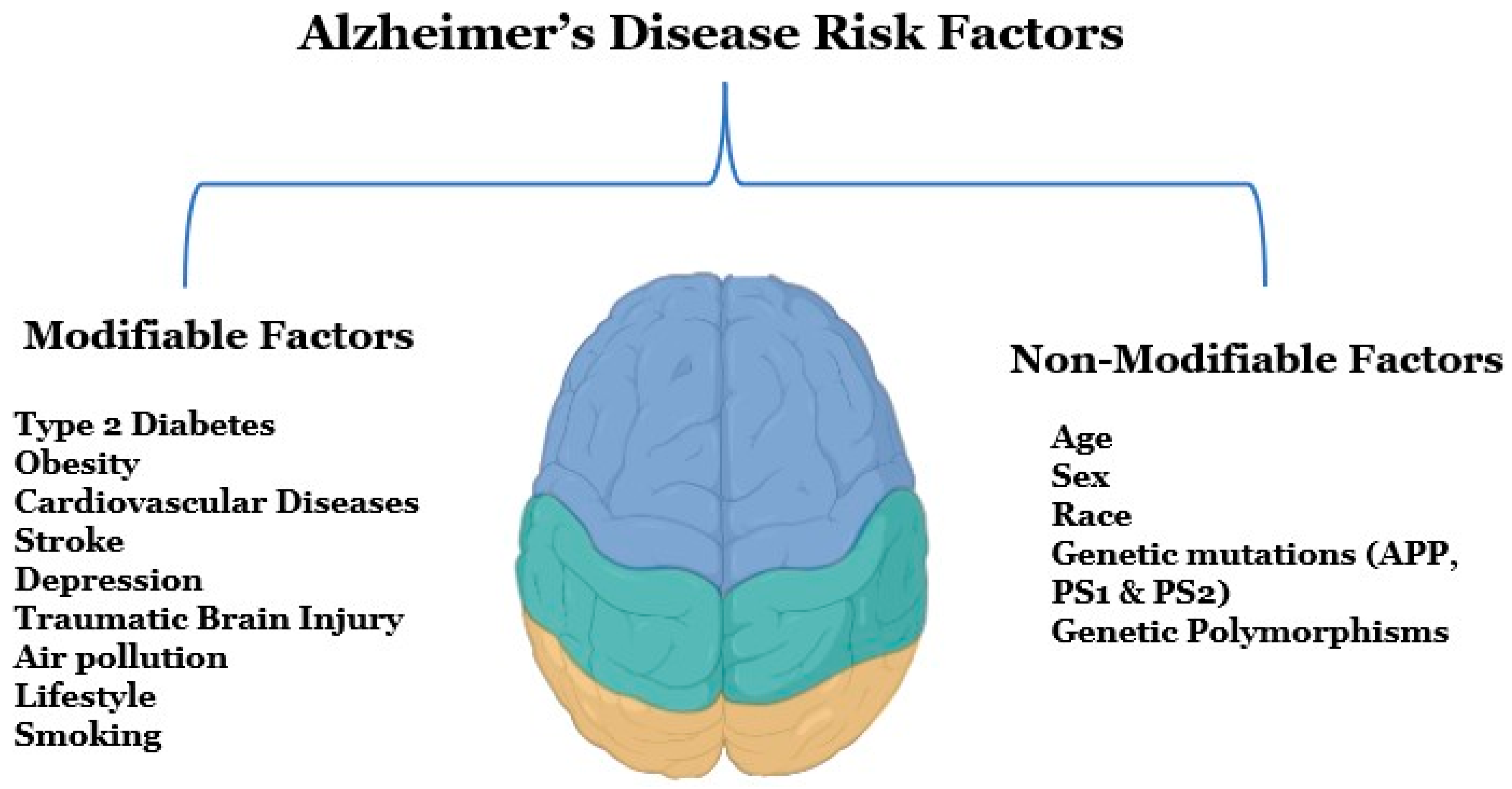Sleep is a crucial component of overall health, and its deprivation can have a significant toll on the body, particularly on the heart and brain. In today’s fast-paced society, many individuals are sacrificing sleep, unaware of the detrimental effects it can have on their wellbeing. Research has shown that sleep deprivation can lead to a myriad of health issues, including cardiovascular problems and cognitive impairment.

Credit: www.mdpi.com
Cardiovascular Consequences of Sleep Deprivation
Sleep deprivation has been linked to an increased risk of heart disease and stroke. When an individual does not get enough sleep, it can lead to a disruption in the body’s cardiovascular system. This disruption manifests as an elevation in blood pressure and an increase in stress hormones, both of which can contribute to the development of heart disease. Furthermore, inadequate sleep can disrupt the body’s regulation of glucose, leading to an increased risk of diabetes, another significant risk factor for heart disease.
The Role Of Sleep In Cognitive Function
In addition to its impact on cardiovascular health, sleep deprivation also impairs cognitive function. Lack of adequate sleep can lead to difficulties with concentration, memory, and decision-making. Chronic sleep deprivation has been associated with an increased risk of neurodegenerative diseases, such as Alzheimer’s. This highlights the critical role that sleep plays in preserving brain health and cognitive function.
Strategies for Improving Sleep Quality
Recognizing the importance of quality sleep is the first step toward addressing sleep deprivation. Implementing good sleep hygiene practices, such as maintaining a consistent sleep schedule, creating a conducive sleep environment, and practicing relaxation techniques, can significantly improve sleep quality. Minimizing exposure to electronic devices before bedtime and avoiding stimulants, such as caffeine, in the evening can also contribute to better sleep.

Credit: www.thelancet.com
The Connection Between Sleep and Overall Wellbeing
It’s essential to recognize that sleep is not a luxury, but a necessity for optimal health. Prioritizing sleep is fundamental in promoting overall wellbeing and reducing the risk of chronic health conditions. By understanding the link between sleep deprivation, heart health, and cognitive function, individuals can make informed decisions to prioritize sleep and its vital role in sustaining a healthy mind and body.
Conclusion
In conclusion, sleep deprivation can have a substantial impact on heart and brain health. By acknowledging the significance of quality sleep and taking proactive steps to improve sleep habits, individuals can mitigate the risks associated with insufficient sleep. Whether through lifestyle modifications or seeking professional assistance, addressing sleep deprivation is crucial in safeguarding cardiovascular health and preserving cognitive function.
Frequently Asked Questions Of Sleep Deprivation’s Big Toll On Heart And Brain: Unveiling The Overlooked Dangers
Can Sleep Deprivation Lead To Heart Problems?
Sleep deprivation can have a significant impact on heart health, increasing the risk of conditions like high blood pressure, heart disease, and even heart attacks.
How Does Lack Of Sleep Affect The Brain?
Lack of sleep can negatively affect the brain function by impairing cognitive abilities, memory, concentration, and increasing the risk of developing mental health disorders such as anxiety and depression.
Does Sleep Deprivation Affect Overall Well-being?
Yes, sleep deprivation can have a profound impact on overall well-being. It can lead to fatigue, decreased productivity, irritability, weakened immune system, weight gain, and an increased risk of accidents.
Can Sleep Deprivation Cause Long-term Health Problems?
Yes, chronic sleep deprivation can lead to several long-term health problems, including an increased risk of obesity, diabetes, cardiovascular disease, and even early mortality.
Leave a Reply